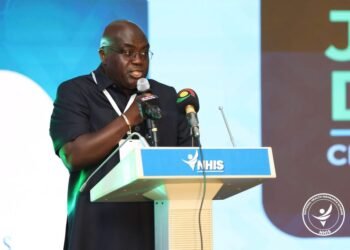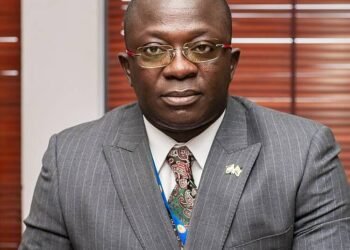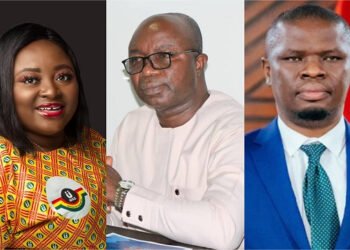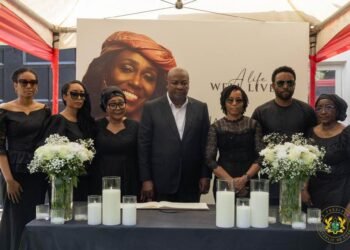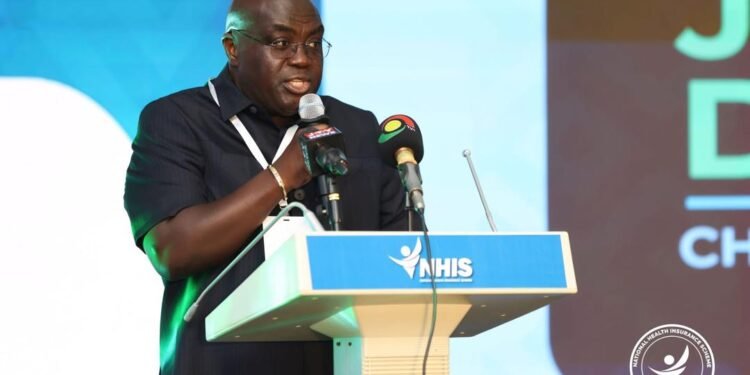Vice President Professor Naana Jane Opoku-Agyemang has urged African leaders to shift from self-serving political agendas to governance that delivers concrete benefits for their citizens.
She emphasised that politics on the continent must be anchored in meeting the daily needs and long-term aspirations of the people, rather than being driven solely by electoral timelines.
Speaking at the African Political Parties Summit 2025 in Accra, the Vice President said the well-being of citizens must be the ultimate measure of political success.
“They deserve politics that translates into food security, decent jobs, functional schools, accessible healthcare, efficient infrastructure, security and justice. They expect us to focus not just on the election but more importantly on the next generation”
Vice President Professor Naana Jane Opoku-Agyemang
Her remarks placed strong emphasis on developing policies that look beyond the immediate electoral cycle to secure a sustainable future for Africa’s youth. She noted that the continent’s leadership must be intentional in ensuring that politics becomes a tool for delivering social justice, economic opportunity, and peace.

Prof. Opoku-Agyemang said leaders should commit to politics that “serves the collective good,” highlighting that voters have clear expectations of their governments. She argued that when leadership is focused on citizens’ needs, political parties can build trust and legitimacy, ultimately strengthening democracy.
“We’ll not agree on everything, but if we can agree on the fundamentals that Africa’s peace, unity and well-being are non-negotiable, then we will already have taken a decisive step forward”
Vice President Professor Naana Jane Opoku-Agyemang
She underscored that Africa’s challenges – ranging from climate change and economic instability to security threats and illicit trade – require coordinated political responses that transcend partisan divisions.
Setting the Tone for the Summit
The Vice President’s address came at the opening of the African Political Parties Summit 2025, which runs from August 12 to 14 at the Accra International Conference Centre.
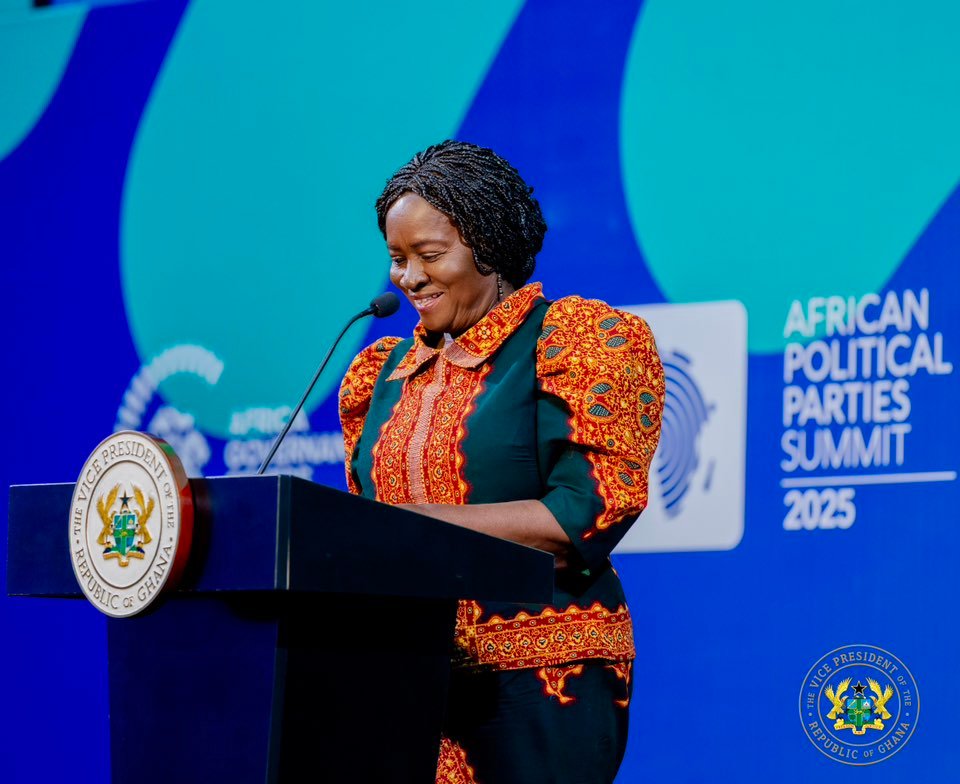
The summit’s theme, “From Politics to Prosperity: Strengthening Inter-Party Collaboration for Africa’s Development and Economic Transformation,” reflects its aim to foster political unity in pursuit of development goals.
Organised under the African Political Parties Initiative (APPI), launched by President John Dramani Mahama earlier this year, the summit brings together political leaders, ministers, and government officials from across the continent.
While the gathering includes discussions on governance frameworks, policy collaboration, and international partnerships, the Vice President’s message to focus on the people set a decisive tone.
Prof. Opoku-Agyemang’s speech stressed that political leadership must extend beyond rhetoric to measurable results in citizens’ lives. She described food security, healthcare, infrastructure, education, and justice as non-negotiable priorities that should guide policymaking.
Her call for leaders to focus on “the next generation” rather than just “the next election” was a recurring theme in her address, resonating with the summit’s delegates. She reminded attendees that public trust in political parties is directly linked to their capacity to deliver on such essential services.
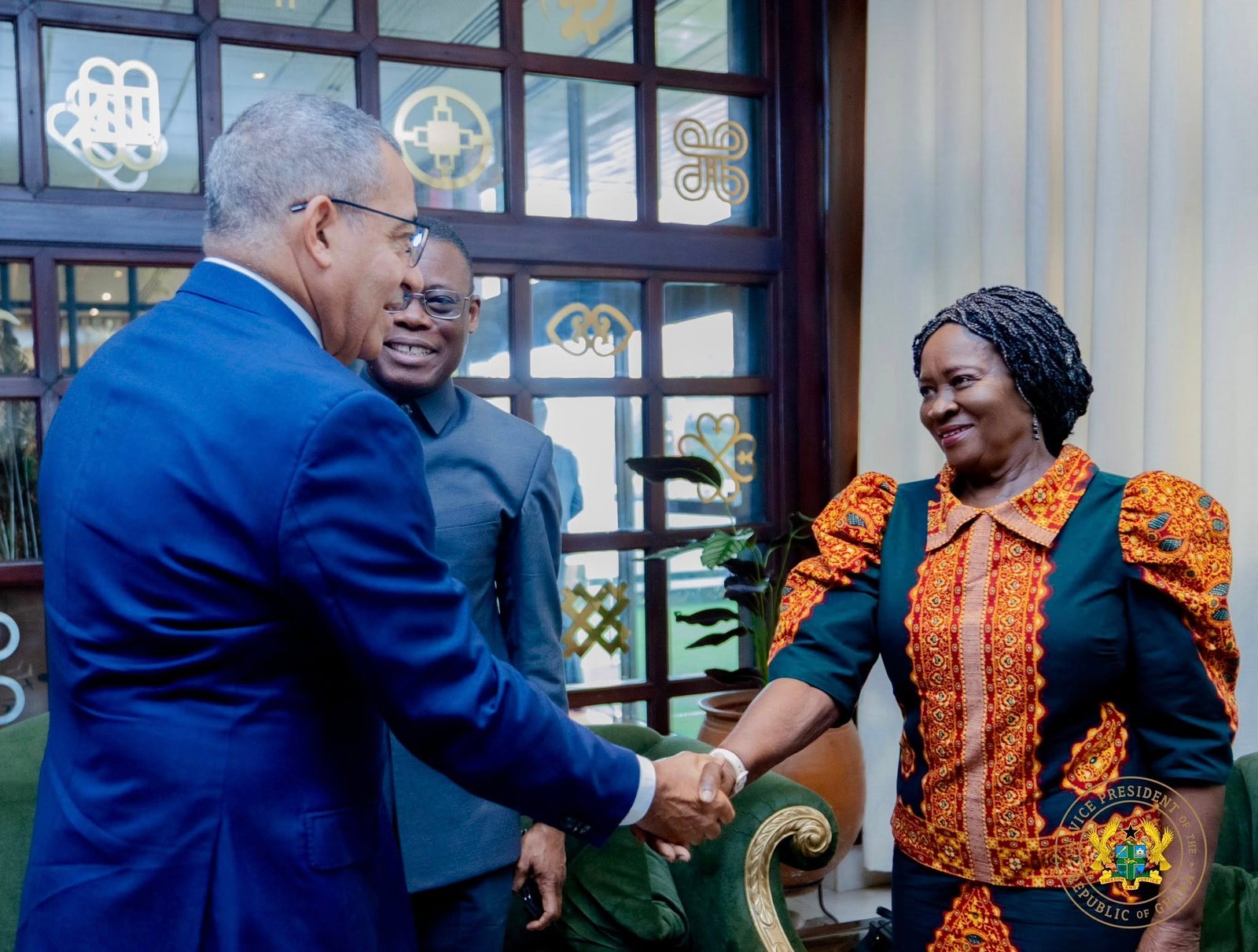
While her speech was a highlight of the opening ceremony, the summit also featured contributions from other leaders, including Edite Ten Jua, Executive Secretary of APPI, who described the summit as a space for political actors to “reflect, engage, and collaborate to shape the political culture essential for peace, stability, and sustainable development.”
Delegates from more than 160 political parties and organisations are attending, with representation from Africa, Asia, the Caribbean, Mexico, and South Korea. Countries represented include Ethiopia, South Africa, Senegal, the Democratic Republic of Congo, Burkina Faso, and the Central African Republic.
As the summit continues, the Vice President’s challenge to her fellow leaders is expected to influence discussions on how political systems can be restructured to deliver sustainable development. Her focus on practical, citizen-centred governance is aligned with the summit’s broader goal of building unity across political divides.
Her message reinforced the idea that Africa’s political future depends on leadership that is grounded in service, equity, and accountability. By placing citizens at the heart of policymaking, she said, leaders can ensure that politics becomes a force for prosperity rather than division.
READ MORE: Ghana’s Financial Sector Assets Soar to GH₵525bn in 2024 Despite Dip in GDP Share




